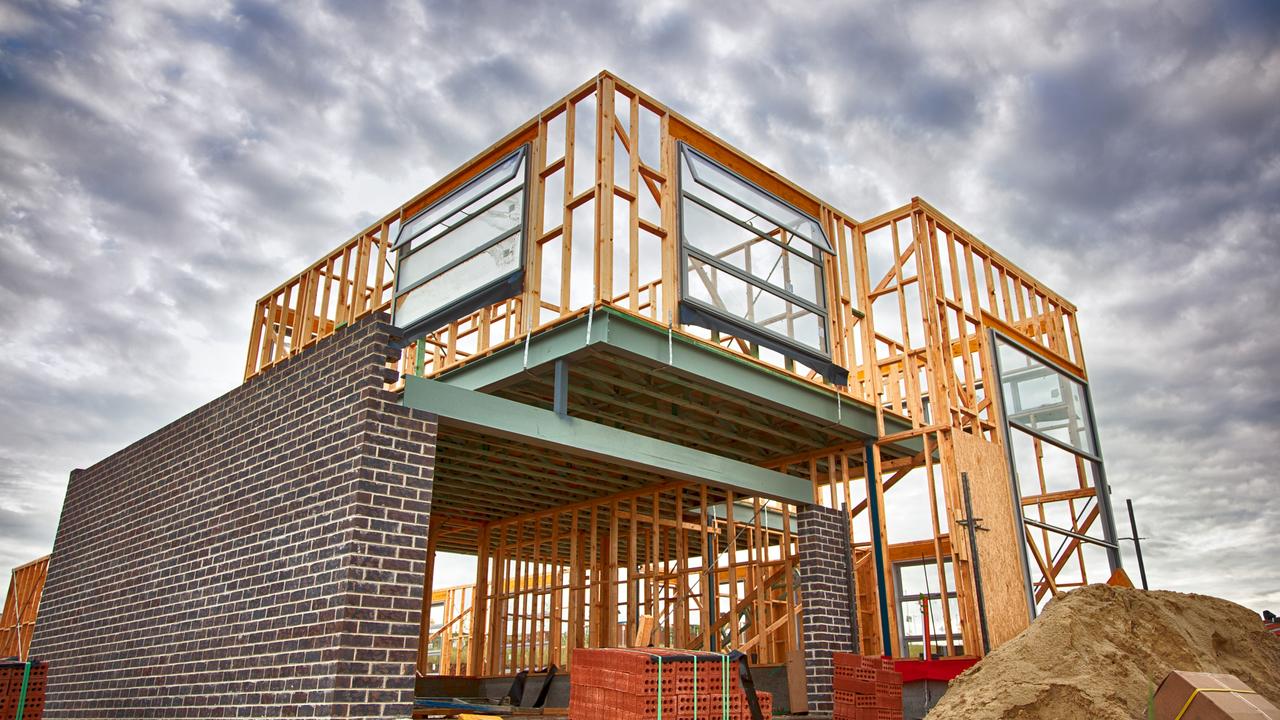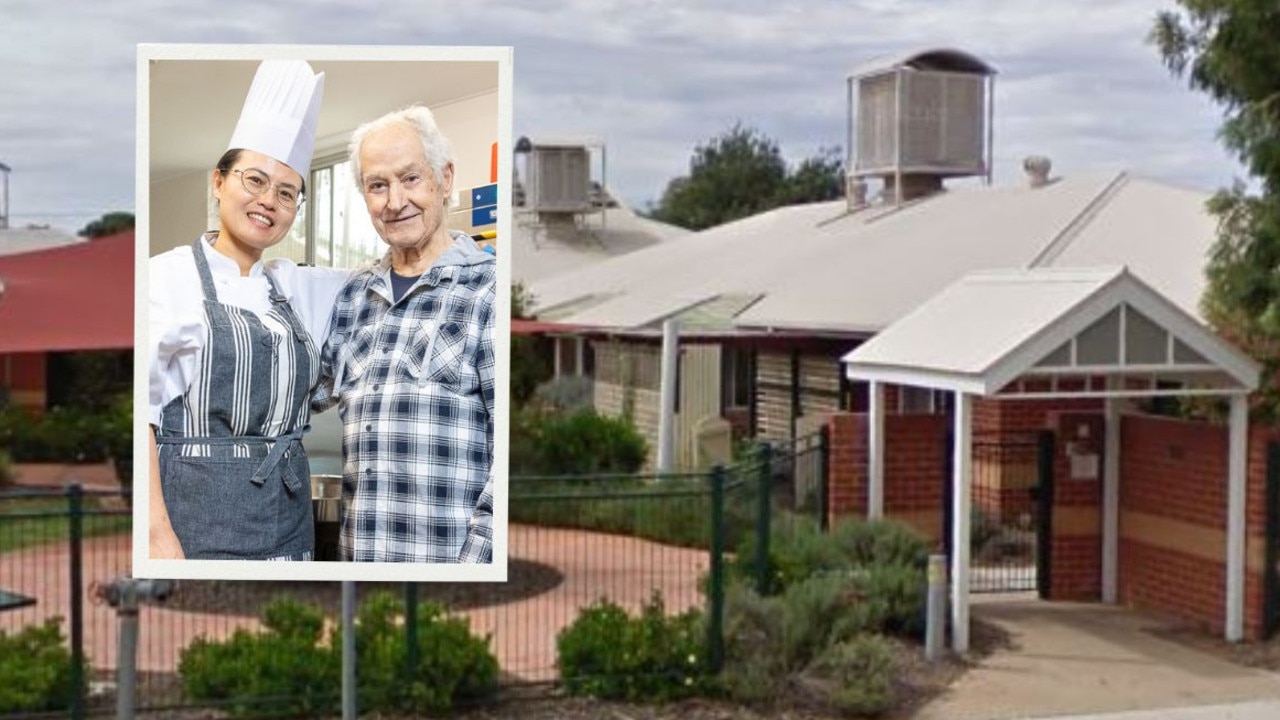Daytime drinking banned on Port Phillip streets under two-year trial
DAYTIME street boozing will be banned in one of Melbourne’s busiest inner city precincts under a trial aimed at stamping out alcohol-fuelled violence — but some say it unfairly targets those doing it tough.

Inner South
Don't miss out on the headlines from Inner South . Followed categories will be added to My News.
- Daytime booze ban call
- Call for more cops to cut Carlisle St crime
- Lax drink laws to blame for crime rise
- Balaclava traders want booze ban
DAYTIME boozing will be banned on Port Phillip streets as part of a two-year trial aimed at stamping out alcohol-fuelled violence and anti-social behaviour.
The controversial move comes after more than 800 people along beleaguered Carlisle St in Balaclava and St Kilda East signed a petition for a local law — allowing street drinking between 9am and 8pm — to be scrapped.
It’s the second time in about three years Port Phillip Council has been petitioned on the issue.
Emotions ran high during a marathon council debate lasting nearly three hours last night, which ended in a deadlock between councillors.
Cr Dick Gross said the issue pitted two of the council’s “primary duties” against each other.
“One of our primary duties is to go out of our way to assist the marginalised in our community; another duty is to build, maintain and make safe the public realm,” he said.

Cr Gross said the trial ban, run in conjunction and consultation with drug and alcohol agencies and social services, would meet the council’s obligations to community safety.
But Greens councillors Ogy Simic, Tim Baxter and Katherine Copsey opposed the ban, stating it targeted people doing it tough.
Cr Baxter said there was no evidence drinking bans reduced alcohol-related crime.
Cr Copsey said it was unfair to further punish vulnerable people.
“If people are battling housing stress, or homelessness, or addiction, or mental health issues or if they’re a survivor of trauma, my god, the last thing they need is the additional stress and stigma of unnecessary contact with the justice system,” she said.
“It does not help and certainly does harm.”
But a written agreement between police and the council means officers will dispose of liquor rather than slap offenders with fines or arrest them.
Port Phillip Acting Inspector Stuart Bailey told last night’s council meeting a public drinking ban would “remove the appetite to gather” in the street.
“Residents and traders are frustrated with the allowance of alcohol consumption in the street through the day, which is attracting the wrong type of people to the area and adding fuel to the fire of a cohort that already have social engagement issues,” he said.
Police patrols, including the mounted branch, had been ramped up in the area, leading to an increase in public perceptions of safety, Acting Insp Bailey said, but more needed to be done to support police efforts.
“It is time to make our residents and traders feel safe in a place they live, work and love,” he said.

Inspector Jason Kelly said police data showed St Kilda had the second highest arrest rate for public drunkenness in a public place behind the Melbourne CBD.
“Other data including assaults, ambulance response and hospital admissions suggest we have an issue in the City of Port Phillip with drinking on our streets,” he said.
“It’s important that people feel safe as they walk down the street but its more important they actually are safe.”
Several people who have lived near the embattled Carlisle St shopping strip for decades told the meeting they had never once felt threatened or intimidated by people drinking in the street.
But petitioner Igor Vainer, who has worked on the street for 27 years, said violence, public urination and litter including broken bottles were a daily occurrence.
Cr Louise Crawford said a trial ban would draw “a line in the sand”.
“We all need to be aware of our drinking behaviour and its impact on others,” she said.
“We’ve implemented a statewide smoking ban because smoking impacts others ... and this is a decision which lessens the impact of people drinking on the streets (on others).”
But Cr David Brand said it wasn’t the council’s role “to sanitise the street against unwanted behaviours”.
“Feeling safer is an ideal but it’s not a right,” he said.
In a split vote, Mayor Bernadene Voss used her casting vote to pass the ban.
“We have obligations to the Local Government Act, which says councillors must make the best decisions in the long-term interest of the majority of the community,” she said.
Drinking on the street during the day will be allowed at certain events and special provisions in place for St Kilda Festival, the Grand Prix, New Year’s Eve and Australia Day will remain.


